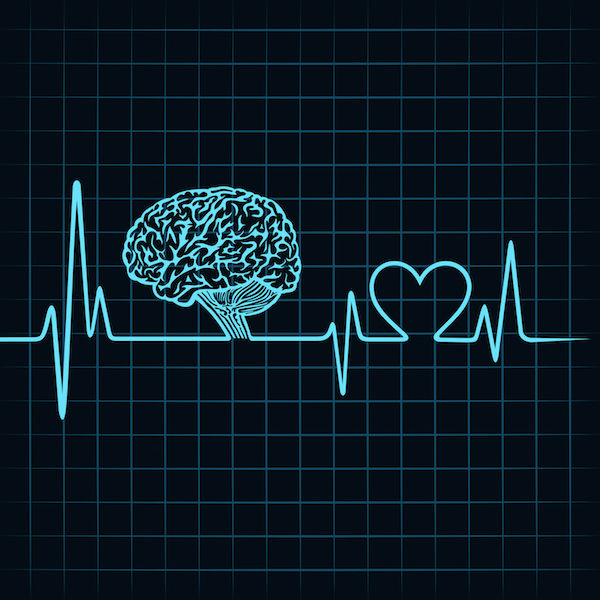
MONDAY, July 23 (HealthDay News) — Central nervous system abnormalities are common among children whose mothers drink large amounts of alcohol during pregnancy, a small new study finds.
Most children exposed to large amounts of alcohol while in the womb do not go on to develop fetal alcohol syndrome. Diagnosis of this condition requires abnormalities in three areas: facial features, physical growth and the central nervous system.
The central nervous system is made up of the brain and spinal cord.
In many cases of children exposed to alcohol in the womb, specific problems are classified under the term “fetal alcohol spectrum disorders,” which includes a wide range of potential physical and neurological problems.
The effects of fetal alcohol spectrum disorders may be mild or severe and may affect each child differently, explained study corresponding author Dr. Devon Kuehn, a postdoctoral fellow at the U.S. National Institute for Child Health and Human Development.
She and her colleagues looked at the risk of developing components of fetal alcohol spectrum disorders among the children of 101 women in Chile who consumed at least four alcoholic drinks per day while pregnant. The children were evaluated until they were about 8 years old.
About 80 percent of the children had one or more abnormalities associated with alcohol exposure. Central nervous system abnormalities were the most common problem in the children and can affect learning, behavior, language or mental function, Kuehn said.
“Other studies have shown that binge drinking may have the greatest risk on children, but we are the first to show binge drinking remains a risk factor even in women drinking heavily every day,” Kuehn said in a journal news release.
The study appears online July 23 and in the October print issue of the journal Alcoholism: Clinical & Experimental Research.
“It is critical to note that while physical characteristics associated with [fetal alcohol syndrome] were not all that common, over 40 percent of the exposed children had evidence of functional abnormalities,” Edward Riley, a professor in the department of psychology at the College of Sciences at San Diego State University, said in the news release.
The study found an association between heavy maternal drinking and children’s development; it did not prove a cause-and-effect relationship.
More information
The March of Dimes has more about the dangers of drinking during pregnancy.

